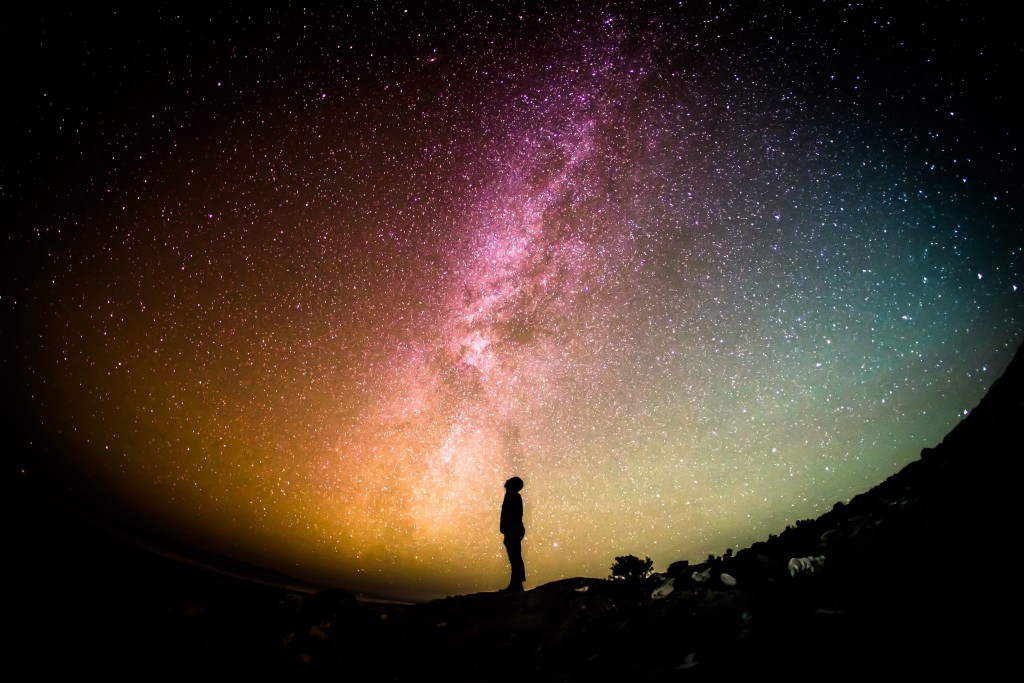This post breaks from my usual psycho-spiritual explorations of Self to addressing a material, social reality: the problem of incarceration in the United States of America. According to 11 Facts about America’s Prison Population, the current prison population has quadrupled since 1980, and a significant portion of that population are nonviolent drug offenders. Per Human Rights Watch:
“While accounting for only 13 percent of the US population, African Americans represent 28.4 percent of all arrests. According to Bureau of Justice Statistics approximately 3.1 percent of African American men, 1.3 percent of Latino men, and 0.5 percent of white men are in prison. Because they are disproportionately likely to have criminal records, members of racial and ethnic minorities are more likely than whites to experience stigma and legal discrimination in employment, housing, education, public benefits, jury service, and the right to vote.
Whites, African Americans, and Latinos have comparable rates of drug use but are arrested and prosecuted for drug offenses at vastly different rates. African Americans are arrested for drug offenses, including possession, at three times the rate of white men.” [Emphasis added.]
Incarceration is one step in a cycle. People with criminal records are released from prison without income, without guaranteed housing, without guaranteed jobs, without substantively better skills and resources, and often with increased trauma as a result of their imprisonment. They get dropped back into the world and expected to participate in a culture that actively stigmatizes them. Criminal activity might be the only survival skill they know, the only skill available. Families and communities are decimated by the cycle of incarceration and recidivism. People in higher socioeconomic classes might have more resources to buffer these losses. For people in lower socioeconomic classes, these consequences can be catastrophic.
The war against drugs has eroded our civil liberties and significantly harmed people of color. Building and staffing prisons has become a for-profit enterprise that costs states $21,000-33,000 per year. We would do more to stabilize our communities if we spent that money on housing and services for offenders. Incarcerating offenders in violent, repressive systems with other offenders does not promote social wellness. Even Newt Gingrich called our prison system “graduate schools in criminality.”
This is not about eschewing justice and ignoring the harm done. This is about how Justice as a value and civic virtue has twisted against our better nature to perpetuate systems of social inequality, and how fear and systemic racism continue to feed off each other. When we focus on punishing offenders more than creating healthy, resilient communities, we perpetuate cycles of injustice, poverty, and racism. We can do better than this. Organizations already exist that are attempting to create societies without prisons. Even if you do not endorse the complete abolition of prisons, we need their voices to find some better way.


